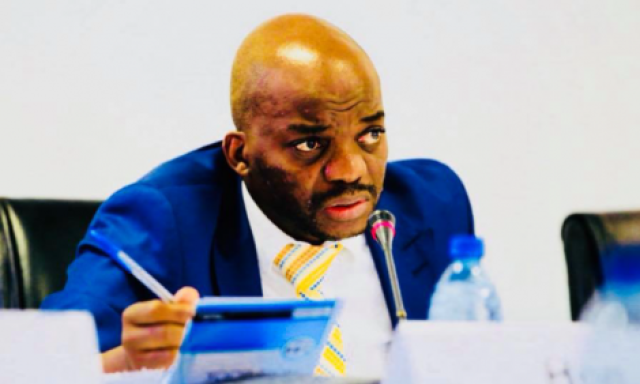The Speaker of the National Assembly of Botswana, Dithapelo Keorapetse, has praised China for its dedication to the development of Africa.
He made these remarks on Friday during the inauguration of the 4th Dialogue on Exchanges and Mutual Learning Among Civilizations held in Dunhuang, China.
The event is organized by the Chinese Association for International Understanding in collaboration with the People's government of Gansu Province.
Keorapetse, representing African delegates, emphasized China's significant role as a crucial ally in Africa's socio-economic progress.
He pointed to infrastructural developments, technology transfer, and educational exchanges as the foundational components of cooperation between China and Africa.
"China's support has been essential in propelling Africa's development agenda. From railways to digital innovation, our collaboration reflects mutual respect and collective advancement based on the principles of the Global Civilisation Initiative,” he stated.
He commended President Xi Jinping’s three global initiatives: the Global Development Initiative, Global Security Initiative, and Global Civilisation Initiative, noting their importance in creating new opportunities for the Global South.
Keorapetse acknowledged China's contribution to Botswana's development since gaining independence in 1966 and stressed its significant role in enhancing the country’s infrastructure and other benefits through bilateral cooperation.
“When Botswana achieved independence, we had fewer than 10 kilometers of paved roads.
China supported the rehabilitation of our railway network, upgrading 522 kilometers of track through a $99 million interest-free loan.
Beyond advancements in infrastructure, there are vibrant cultural and educational exchanges between our nations, such as the establishment of the Confucius Institute at the University of Botswana in partnership with Shanghai Normal University.
These institutes are vital for promoting the Chinese language and fostering cross-cultural interactions,” he mentioned.
However, Keorapetse also recognized the obstacles that multilateralism faces, such as armed conflicts, global health crises, climate change, and rising nationalism, which pose challenges to international cooperation.
"This is why we look to China to partner with us in the Global South to alleviate the negative impacts of these global issues. We also reaffirm our commitment to ongoing collaboration with China," he concluded.




















